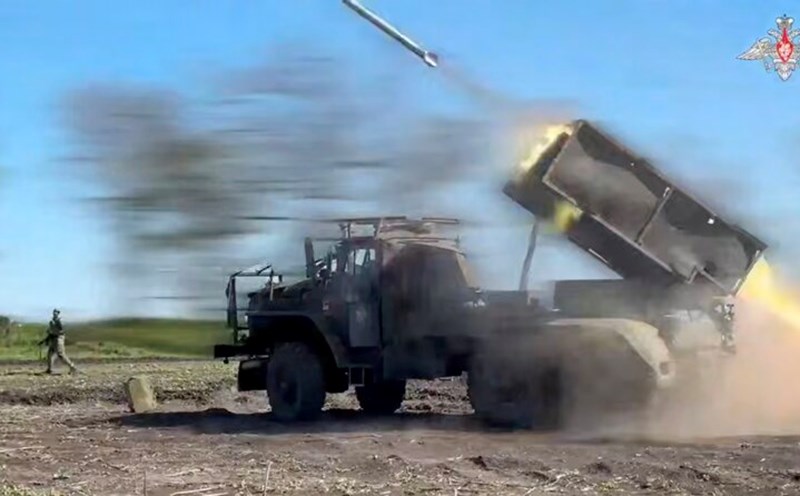According to him, Kiev's decision to stop gas transit through Ukraine has put many member states of the European Union (EU) in a difficult situation, RT reported.
The five-year gas transit contract between Ukraine and Russian energy giant Gazprom expired at the end of 2024, and Kiev has refused to extend it. This means that countries such as Romania, Poland, Hungary, Slovakia, Austria, Italy and Moldova are cut off from the flow of gas from Russia through Ukraine - the main supply route for Central Europe.
Ukraine has abandoned Central Europe in terms of energy security by blocking the flow of gas from the East to Europe, Szijjarto said in a video posted on Facebook on May 24. He stressed that the move left the entire region passive and vulnerable.
However, Hungary has promptly found an alternative thanks to cooperation with Serbia. Szijjarto said Serbia is now taking on the role of gas transit to the region, helping Hungary receive more than 20 million cubic meters of gas per day.
After Ukraine did not renew its contract with Gazprom, the TurkStream pipeline - passing through Turkey and the Balkan region - became the only remaining route for Russian gas to Central Europe.
Russia used to be a major gas supplier to the EU, but exports have fallen sharply over the past three years due to Western sanctions over the conflict with Ukraine and the sabotage of the Nord Stream pipeline. The share of Russian pipeline gas in total EU imports has fallen from more than 40% in 2021 to just about 11% in 2024.
The European Commission this month announced a plan to completely end dependence on Russian energy by the end of 2027. The agency will propose a law requiring member states to develop a national plan to phase out imports of gas, nuclear fuel and oil from Russia, starting this month.
Foreign Minister Szijjarto called the plan "absolutely crazed", warning that the implementation could spike energy prices across the region and seriously damage the energy sovereignty of member states. Hungarian Prime Minister Viktor Orban has pledged to block the proposal.
To enhance energy security, Hungary and Serbia have agreed to build a 200-km pipeline connecting the two countries before 2027. The project is expected to help Hungary control domestic gasoline prices.











